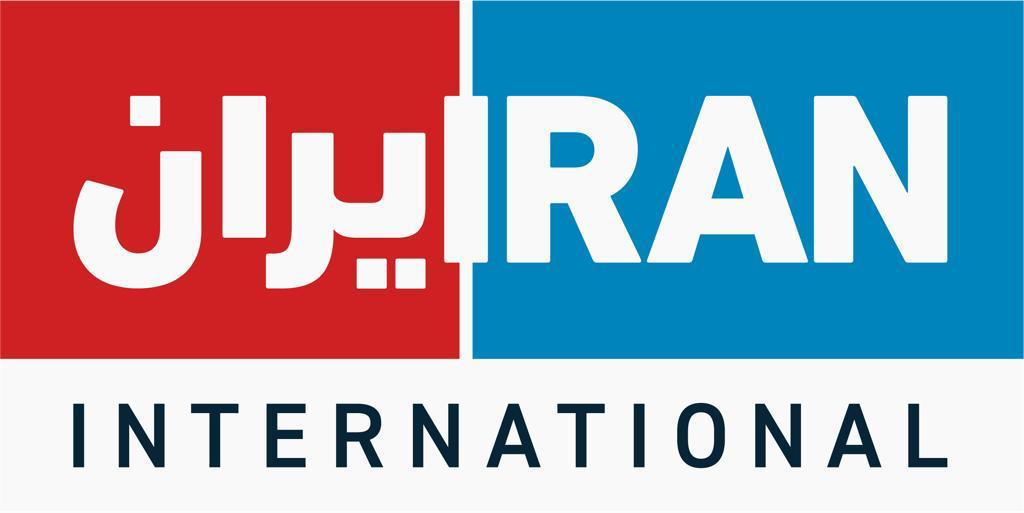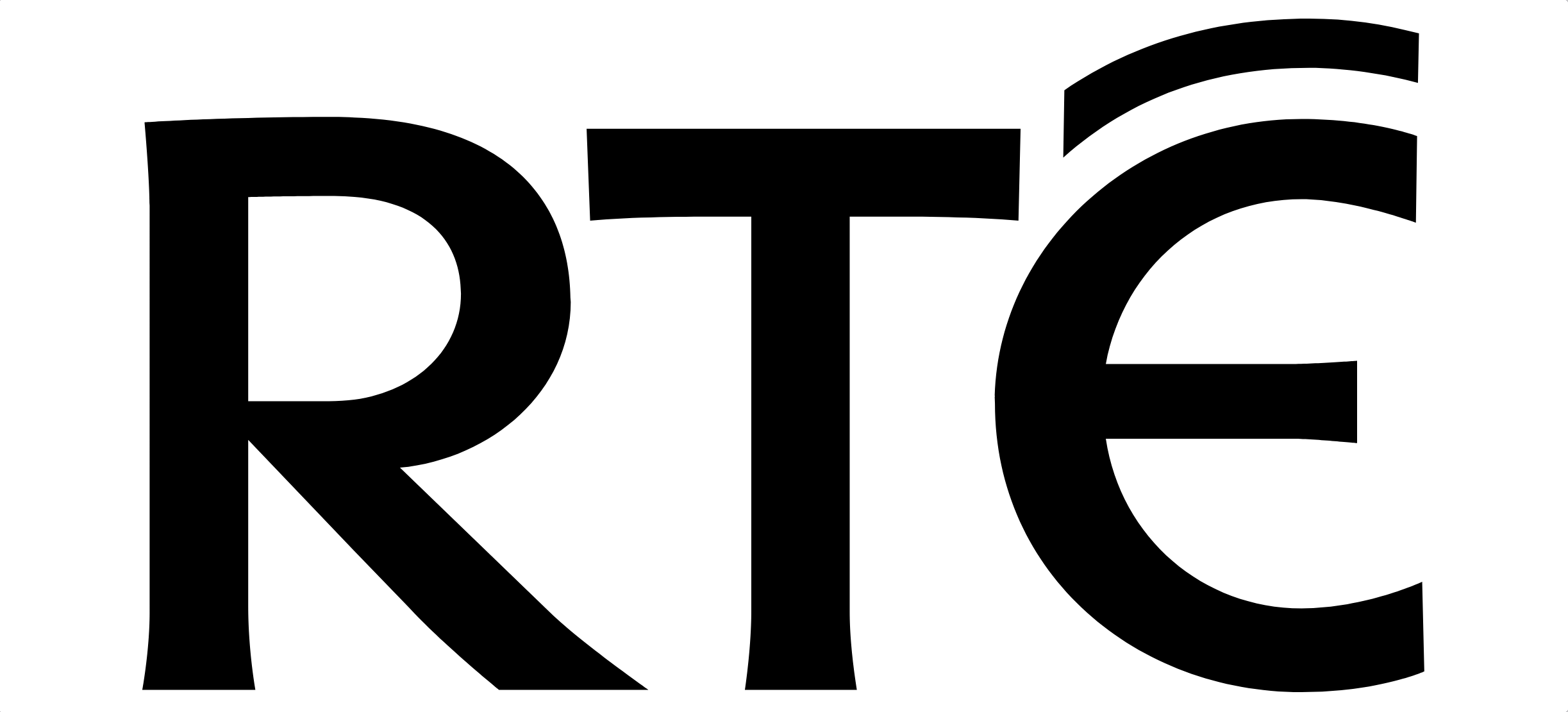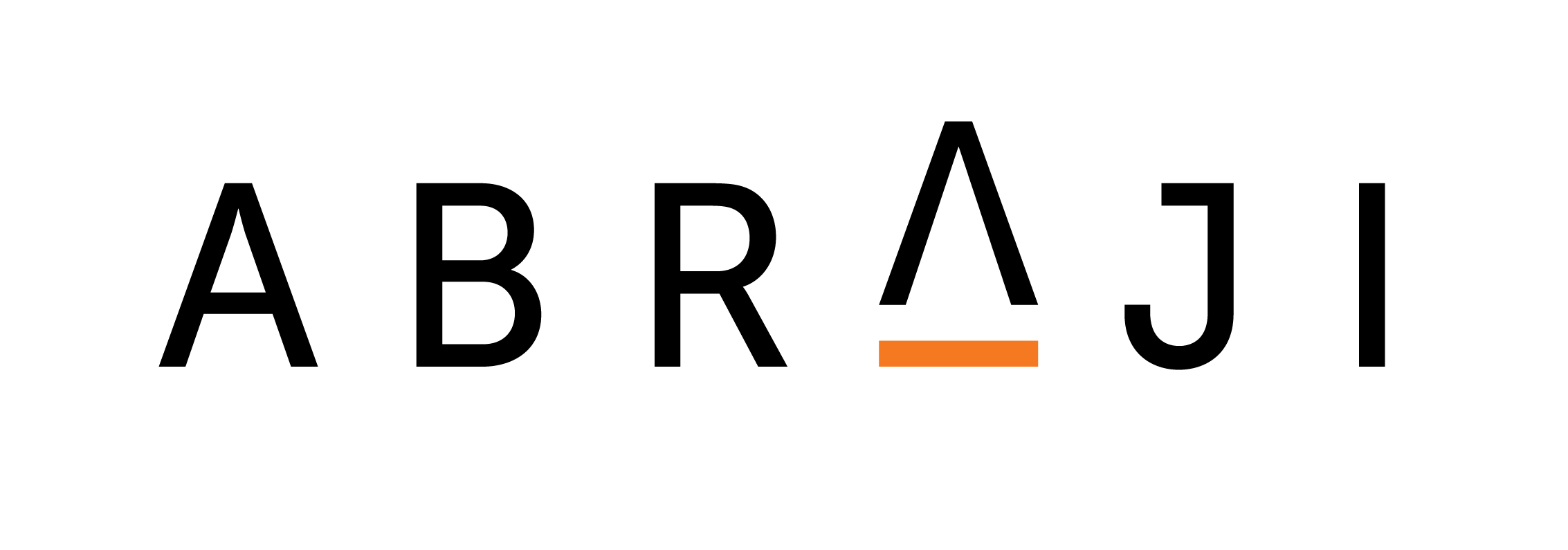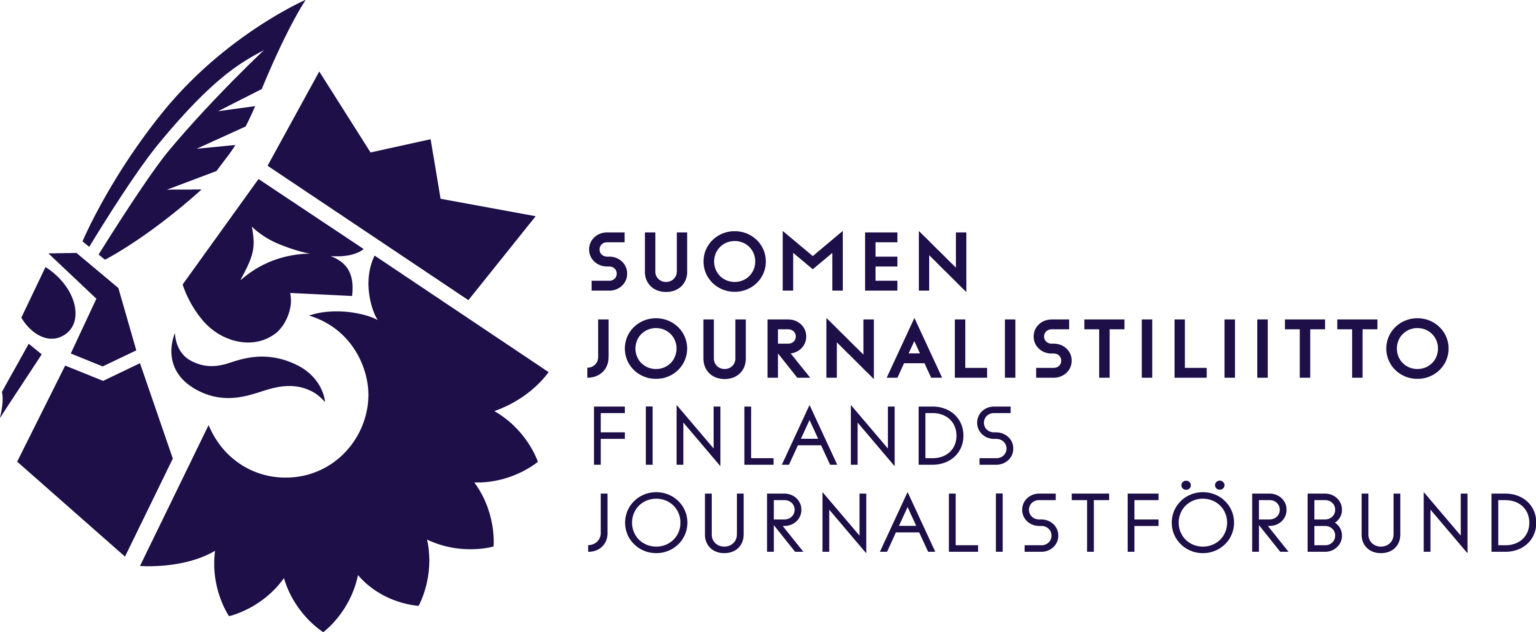At INSI we know journalists will always be among the first on the scene when tragedies happen and our mission is to ensure they stay as safe as possible while still getting the story. Our recent workshop at the International Press Institute's (IPI) World Congress in Doha focused on crisis management for media organisations. Entitled ‘Team Security - Managing the Terrorism Threat’, INSI’s Rupert Reid taught managers and journalists how to respond to a crisis like a terrorist attack, ensuring journalists survive the story. Developing a newsroom contingency plan in case something goes wrong in the field is a big part of crisis management, according to Reid.
Launched at the same event, which focused on media workers at risk around the world, was the International Declaration on the Protection of Journalists. Developed by IPI, INSI, the Al Jazeera Media Network and the African Media Initiative, the declaration summarises international principles related to the protection of journalists operating in dangerous environments, emphasising the responsibilities of states to guarantee their safety and combat impunity.
At a time when real terrorists are slaughtering innocent people around the globe, INSI’s Rodney Pinder voiced his concern at Turkey’s President Erdogan’s comparison of journalists to terrorists during his widespread crackdown on the news media.
INSI board member Cilla Benko wrote on our website that every policy initiative that can be taken to secure the safety of journalists through bodies such as the United Nations and the European Union must now be implemented.
That is an important message, which still isn’t getting through as journalists around the world continue to lose their lives for reporting the news. In March, four media workers were killed.
Ensuring journalists’ physical safety is just one aspect of INSI’s work. We understand that covering traumatic events can also take an emotional toll, particularly in our ultra-connected world where user-generated content only adds to the seemingly endless flow of upsetting images of human suffering.
The refugee crisis is one example of this and continues to be the biggest event in the western media universe. We announced in March that Dr. Anthony Feinstein, the world-renowned expert in the psychological effects of war coverage on journalists, will lead a groundbreaking INSI research project into the psychological effects that covering the refugee crisis has on media workers. We hope the results of the survey will inform work that can be done to help support journalists who are covering this and other humanitarian issues.
To find out more, please get in touch at [email protected] or connect with us through our new LinkedIn page, on Facebook or via Twitter.
Photo by AFP of Turkish anti-riot police officers using water canons and tear gas to disperse supporters of Turkish Zaman daily newspaper.




























































